Sofia Rivaes: "During stays at the Riet Vell we prove that nature conservation is compatible with economic activity"
Today we talk with Sofia Rivaes, the coordinator for volunteering at the Riet Vell nature reserve by the delta of the Ebro river, managed by the organization SEO Birdlife.
When did the environmental volunteering programme start at Riet Vell?
It started in 2002. It has been linked to several projects like Erasmus+ or Solidarity Corps. Some volunteers stay for as long as 6 to 12 months.
At SEO Birdlife we have a volunteering programme called Life Followers, for people aged between 18 and 30. It involves spending 42 days volunteering, either intensively, staying at the house, o during a longer period, until August 2020, without sleeping there. These volunteering programmes cover for some of the food and accommodation and transport costs. Volunteers also receive €4 a day.
It is also possible to come for environmental volunteering activities lasting several days at Riet Vell anytime during the year and independently, in which case there is no financial support and household expenses must be paid for.
How many volunteers do you have right now at the Riet Vell Nature Reserve?
At present there are 9, 8 of whom are staying at the Riet Vell house. One German, three Italians, one Lithuanian, one Slovenian and one Spaniard; at other times we’ve had people from Austria, Portugal, Slovakia...Unfortunately, recently we’ve been having problems with visas and haven’t had any Russians or Ukrainians. Through Life Followers we have people coming from other regions in Spain, as well as local volunteers who don’t stay at the house.
What is the profile of volunteers?
They all have an interest in nature; some of them have studies related to the topic, but this isn’t a requirement. What is important is that they understand the scientific working method, as this is a requirement for many of the tasks done. They are also given training upon arrival.
One curious fact is that we receive many more applications from girls; they usually have some training and have done bird watching or have nature-related studies and decide to continue learning or want a different experience, volunteering; I do wonder if this is because boys access the labour market quicker.
Which is the best time of year for this type of volunteering?
We receive more volunteers during summer, but any time of the year is good. The best time is during winter, when there are no mosquitoes, it’s not hot, the light is amazing and there are many animals and the river delta is beautiful...
What are the tasks?
Tasks are organized every week, for 5 hours a day, generally from 9am to 2pm, although for certain animals it has to be done in the evening. Volunteers can decide freely how to distribute the tasks, precisely because they are volunteers and they self-organize.
Some of the tasks are scientific or naturalist: with pomacea snails, marking freshwater pearl mussels, tracking Ibis birds, bird-ringing Audouin gulls, herring gulls or flamingos; tracking bullfrogs, loggerhead sea turtles on Buda Island or freshwater tortoises. For these tasks, volunteers get specific training; they accompany experts and collaborate with the park authorities and other organizations.
And what about other tasks?
Three are also tasks relating to path maintenance, as well as the bird-watch post, plantations, working with rice and getting muddy...taking care of the paddy fields, as part of the Arrosvolució project, planting by hand...and then tasks with people visiting the house, giving out information on birds, organizing activities with adults and children...
What is your role as volunteering coordinator?
I’m a biologist and, as coordinator, I try bringing in the scientific perspective for volunteers, giving them advice and facilitating the technical experiences with nature.
It’s important to convey all that comes with managing a nature reserve; it is especially important to show that nature conservation is compatible with economic activity. The delta of river Ebro is very complex and people must learn that there are ways of living sustainably from tourism, growing organic rice...ways of protecting people’s livelihoods without endangering the future.
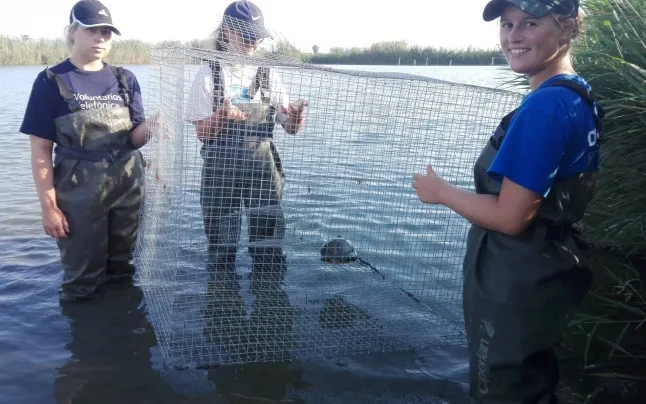
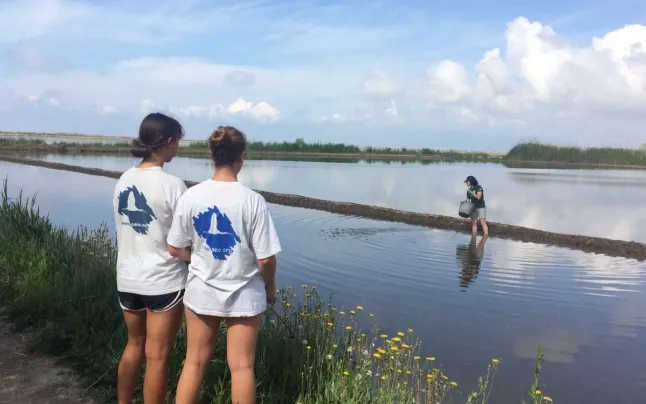


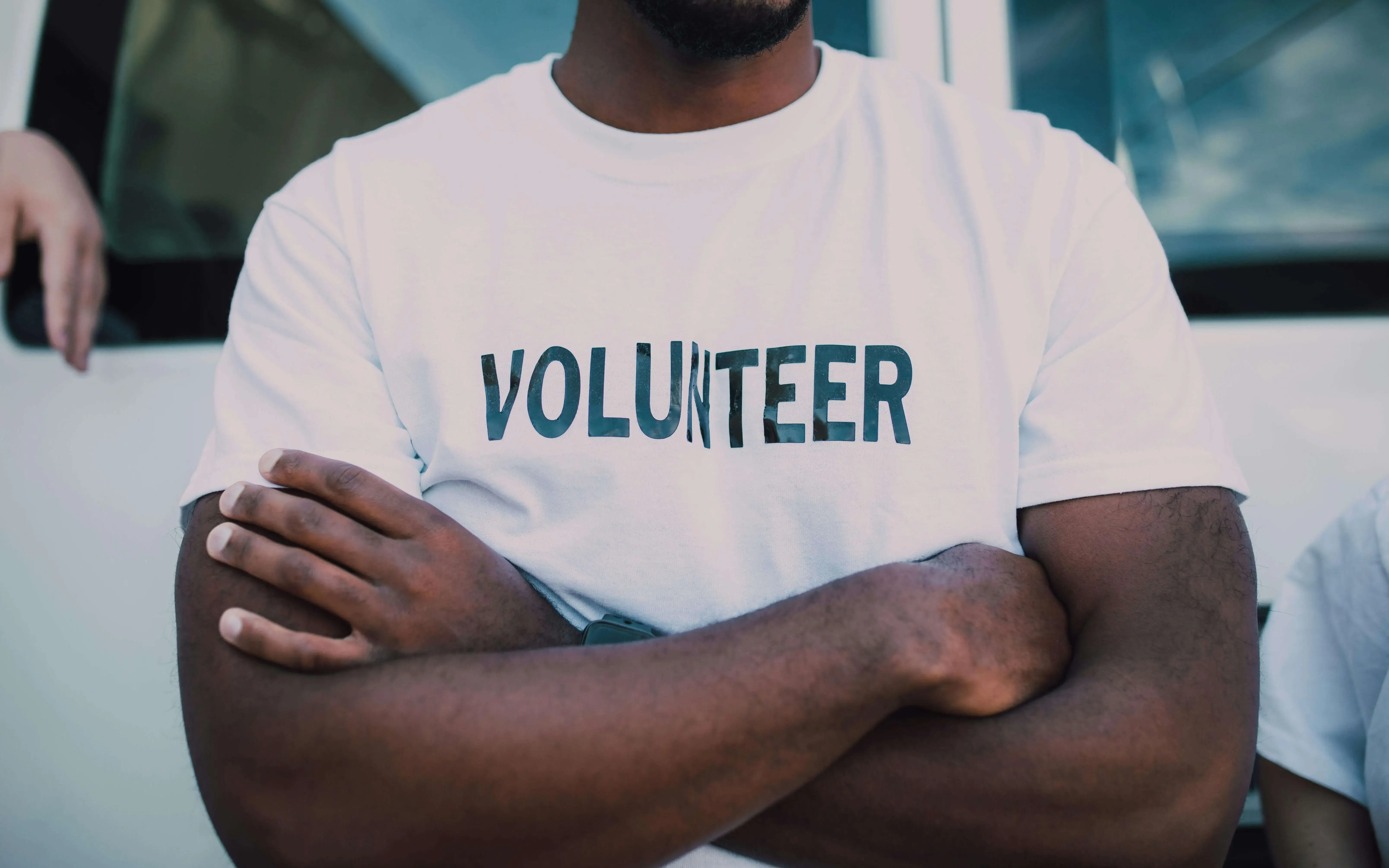

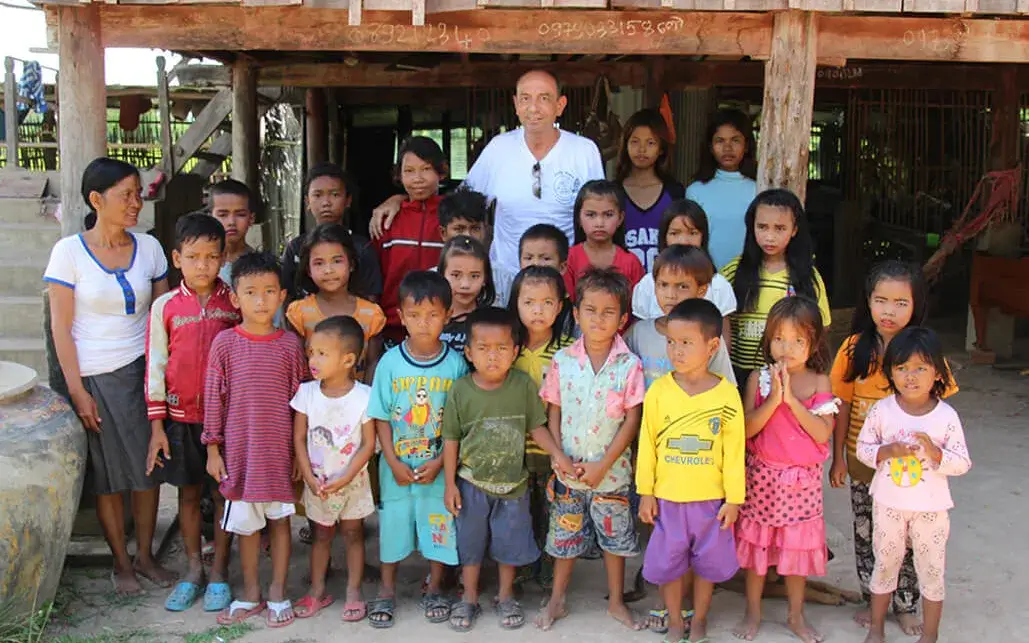
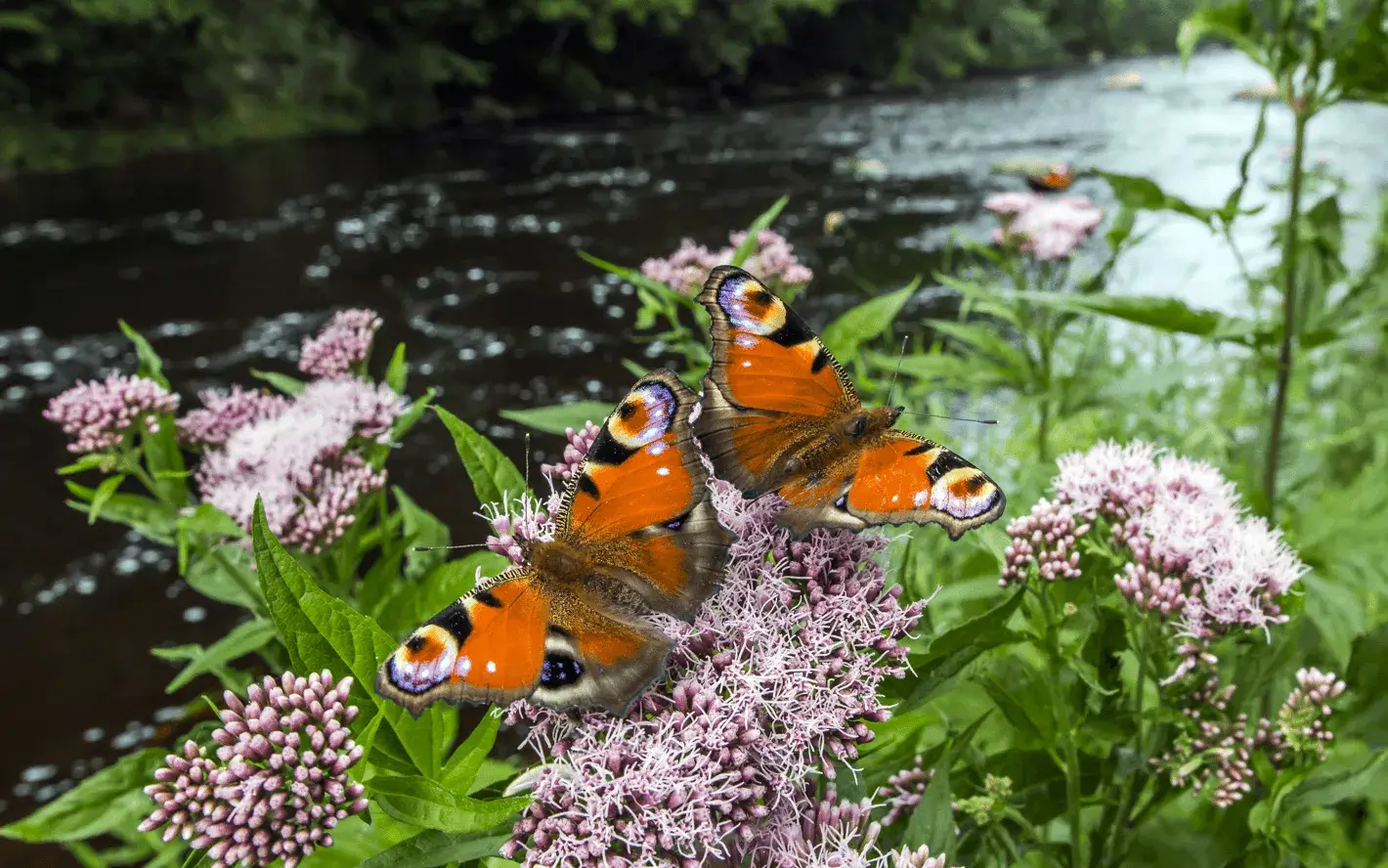
Add new comment